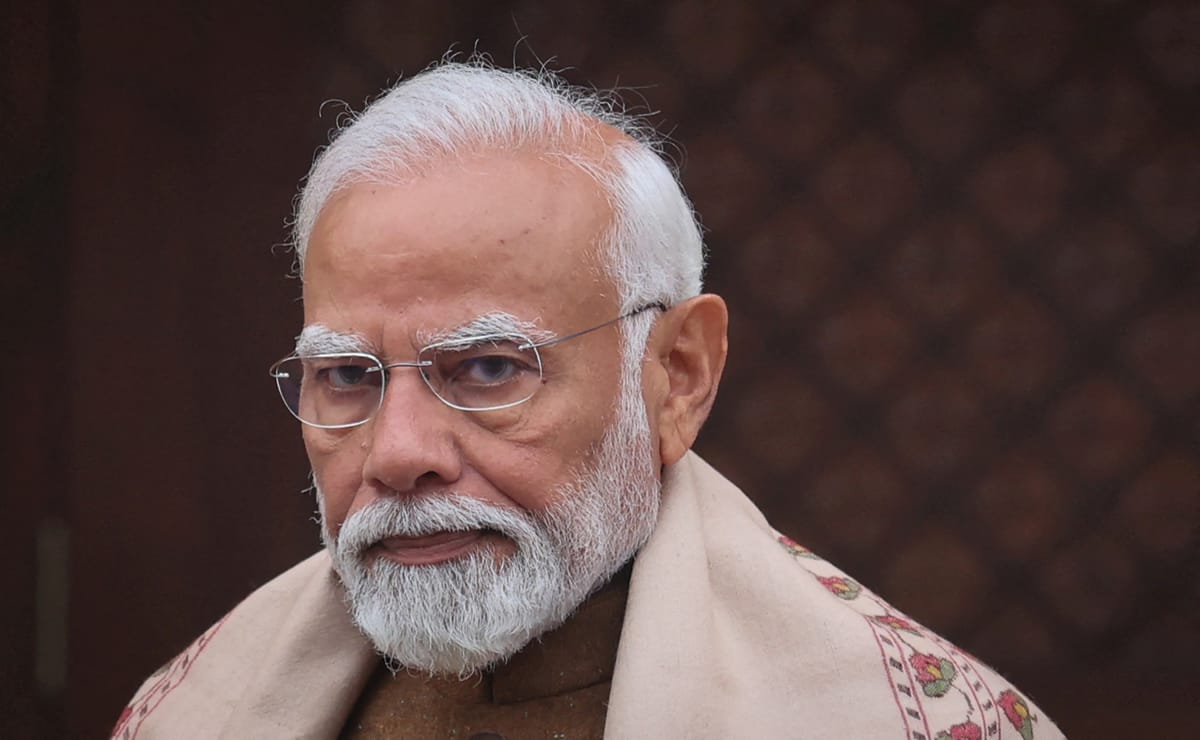What you need to know about India's US$100 billion EFTA trade deal
India has become a top pick for companies looking for alternatives to China in their supply chain.

A few minutes every morning is all you need.
Stay up to date on the world's Headlines and Human Stories. It's fun, it's factual, it's fluff-free.
The backstory: Back in 1960, the European Free Trade Association (EFTA) was formed to amp up trade and economic ties among non-European Union (EU) member nations. It includes Iceland, Liechtenstein, Norway and Switzerland. Collectively, these countries have a GDP surpassing US$1 trillion. Even though it's not part of the EU, the EFTA has managed to secure around 30 trade agreements with nearly 40 nations outside the bloc.
India is a key player in this alliance, ranking as the fifth-largest trading partner within EFTA. Recent deals with big names like Australia and the UAE and ongoing talks with the UK highlight India's expanding trade ambitions. Switzerland is India's top trading partner among EFTA nations, both in South Asia and fourth across Asia. Last year, trade between India and Switzerland alone hit US$17.14 billion, making up a big part of the total trade volume of US$18.66 billion for all EFTA countries.
More recently: India has become a top pick for companies looking for alternatives to China in their supply chain, especially amid growing tensions with the US. So, the nation is going all out with cash incentives, like offering around US$6.7 billion for companies that manufacture electronics in India. Many companies saw the potential and began setting up production hubs in the country. Tech giants like Apple and Samsung got on board, opening retail stores and producing phones on Indian soil.
The development: India has just finalized a US$100 billion free trade deal with the EFTA after 16 years of negotiations. Signed in New Delhi, this agreement means that India will gradually slash or remove customs duties on 95.3% of industrial imports from Switzerland, except for gold. Also, Norwegian exporters will enjoy reduced tariffs on specific goods bound for India. The pact is expected to bring big benefits, especially for Swiss heavyweights in machinery, luxury goods and transportation. But before this deal can kick in, all five countries involved need to give it the thumbs up. Switzerland plans to do so by 2025.
Key comments:
Indian Trade Minister Piyush Goyal said at a signing ceremony that the deal with the EFTA bloc marked the "first time in the history of the world that we are inking an agreement with a binding commitment" for investment in a trade pact. "Investor confidence in India is at an all-time high," he added.
"India-Norway bilateral relations are stronger than ever before," said Norway trade and industry minister Jan Christian Vestre.
"Norwegian companies exporting to India today meet high import taxes of up to 40% on certain goods," said Vestre in a separate statement. "With the new deal, we have secured nil import taxes on nearly every Norwegian good."




Comments ()